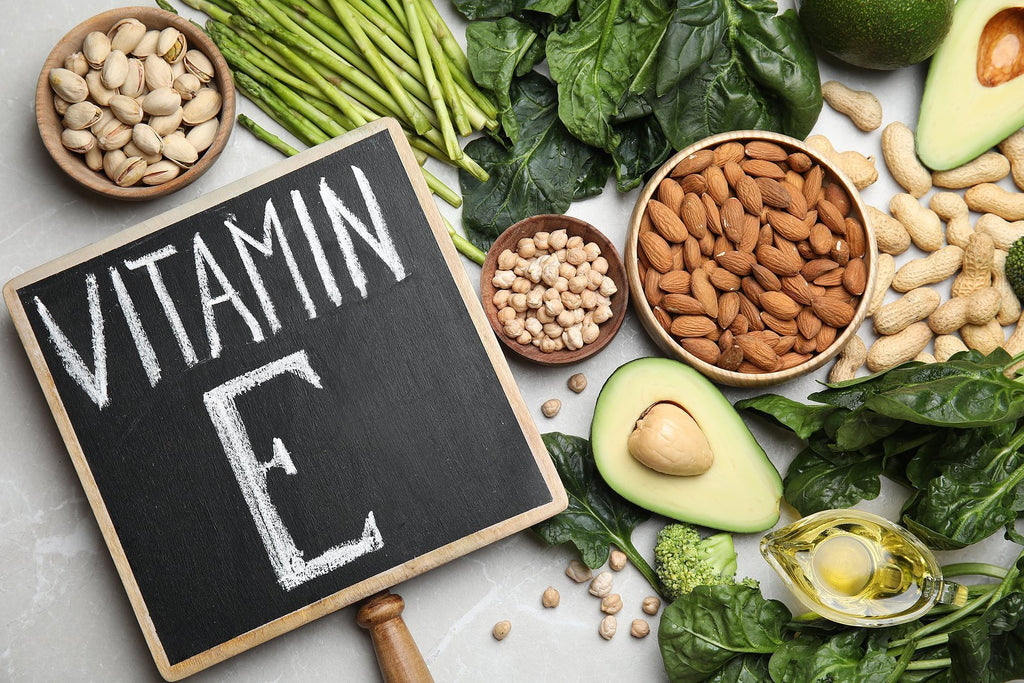The Healthiest & Unhealthiest Types of Eggs
If it’s a meal time, it’s a good time – to eat a few eggs. But is your brain scrambled by all the choices of eggs out there?
Let’s look at which kind of eggs you should be buying at the grocery store, and why.
First, Here’s Why You Should Eat Eggs
Simply put, eggs are nearly a perfect food.
- They have plenty of healthy fat.
- They’ve got all the essential amino acids, which makes them a complete protein source.
- They contain lutein and zeaxanthin, which are key nutrients for your eyes.
- They’re a great source of vitamin B12.
As for the old myths about eggs raising your bad cholesterol, and thus being dangerous to your heart health, recent studies have shown that’s just not the case. If you want to learn more about how eggs affect cholesterol, you can watch my video: Will Eating Eggs Raise Your Cholesterol?
Which Eggs Should You Buy?
The exact term you want to look for is organic pasture-raised eggs. You’ll find them at farms, farmers’ markets, and health-oriented grocery stores. They are even starting to show up in conventional grocery stores as well.
What’s So Special About Organic Pasture-Raised Eggs?
First, they are nutrient-dense, much more so than conventional eggs. There is also evidence that they are less likely to contain harmful bacteria, such as salmonella.
Organic pasture-raised eggs come from chickens that have proper access to the outdoors. This means the chickens get exercise and can hunt/forage for their natural diet (plants and insects), instead of being confined in cages their entire lives. This natural lifestyle is a major reason that the eggs are so healthy.
Simply look at the inside of an organic pasture-raised egg and compare it with a conventional egg. You’ll see the difference in the yolks. The organic pasture-raised yolk will tend to be bright and orange. Meanwhile, a pale yellow yolk (in a conventional egg) indicates a less healthy chicken that has likely been confined and eaten a poor diet.
You may even taste the difference because the brighter yolk has more nutrition and is usually more flavorful.
But Aren’t Free-Range Eggs The Best?
Be aware. The term “free range” sounds like it’s probably similar to pasture or pasture-raised. I mean, it sounds good, right?
It’s not the same.
Free range means that the chicken was raised in more space than conventional chickens and that the chicken got sunlight and fresh air sometimes. But in the United States, the free range classification only indicates that the chicken was given some outside access. There are no regulations on how long the chicken must be outside or in what amount of space. So, really, a free range chicken in the US could be given a few minutes of outside time each day while being kept in a slightly larger pen or cage (usually around 2 square feet).
It’s also possible that a free-range chicken ate mostly corn and soy, instead of foraging and enjoying its natural diet. Chickens that are fed grains tend to produce eggs that are not only nutritionally deficient, but also may be somewhat toxic to your health. This is because the grains they’re fed are often genetically modified and grown using pesticides, all of which ends up in your egg or affecting the quality of your egg.
Chicken Health → Egg Health → Your Health
Is there any truth to the old myth that eggs might be bad for your health? Well, only if we’re referring to the eggs from sick chickens that are kept confined in often horrible conditions and fed an unnatural diet.
The truth is that even some of those eggs have health benefits that probably outweigh some of the problems.
But why eat those eggs when you can make a better choice? Better for you, better for your family and better for the chickens.
Eat organic pasture-raised eggs and fuel your body with great nutrition.
Sharing is Caring
Know Your Body - Know Your Health






